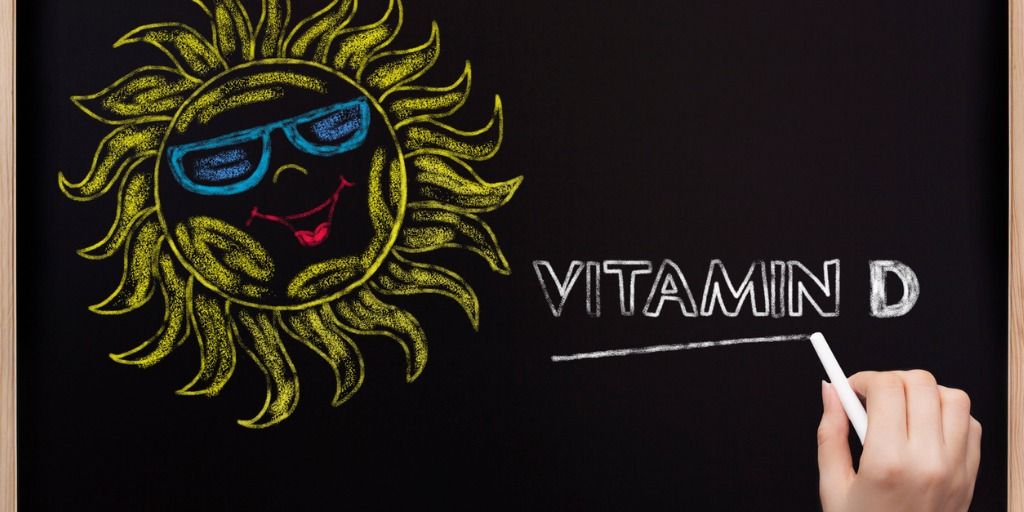September 22nd, 2020 | 2 min. read

Everyone loves a little fresh air. It's a good way to feel better quickly. But it's not the air that's particularly helpful when it comes to our immune systems. It's the sunlight. How does exposure to sunlight impact your immune system? What supplements can you take to provide a boost? PartnerMD's Owings Mills health coach, Yvonne Bull, explains.
Sunlight makes us feel good. But it's also the number one way your body manufactures Vitamin D naturally through the UVB rays of the sun. When COVID-19 started, we were coming into the best time of the year for this — the spring and the summer. Now, as we really head into the winter blues, it's more important than ever to maintain a healthy immune and mood system.
The interesting thing, if you think about seasonal affective disorder (SAD), people have legitimately had the winter blues. And companies have developed lights that produce the UVB rays needed to help fight SAD. We'll take more about these lights in our next video.
Another interesting thing: if you live above the Atlanta, Georgia, line, from November to February, it is difficult to get the UVB rays needed for your body to create Vitamin D. Now, if it's the middle of June, and it's the peak sunlight hours (11am-1pm), you are going to get those UVB rays.
If you are Vitamin D deficient, meaning your body isn't creating enough of it's own, it is perfectly ok to use supplements to boost your Vitamin D levels. These days, people are constantly asking him about vitamins to take to boost their immune systems against COVID-19. The answers are Vitamin D and Vitamin C.
We are learning more and more about Vitamin D's effect on our immune systems. People who are deficient in Vitamin D do appear to be more susceptible to not just COVID-19, but all illnesses. Cold and flu season is right around the corner, and Vitamin D can help your immune system battle those as well.
Besides sunlight and taking supplements, eating the right foods can help. Vitamin D-boosting foods include your deep-water fish like Salmon, Herring, and Halibut. Even canned tuna. Atlantic and pacific cod. Tofu. Egg yolks. Portobello mushrooms. And yogurt. But you're going to need to eat a lot of these foods every day to supplement Vitamin D fully, so that's why it's still best to start with sunlight and actual supplements.
Your skin type affects how long you need to be in the sun to get your body's Vitamin D processes going. There are six different skin types, and the more pigment you have, the longer you will need to be out there on average. We'll talk more about skin types and how much time in the sun you need in our next video.
You wear a mask, keep your distance, and wash your hands frequently. You are doing what you need to do to reduce your risk of contracting COVID-19. But what can you do to reduce your risk of having a bad outcome, think serious symptoms or hospitalization?
That's what we're focusing on this September. What strategies will help boost your immune system so it's best prepared to ward off COVID-19 (and any other illness)? Check out all of our content here.